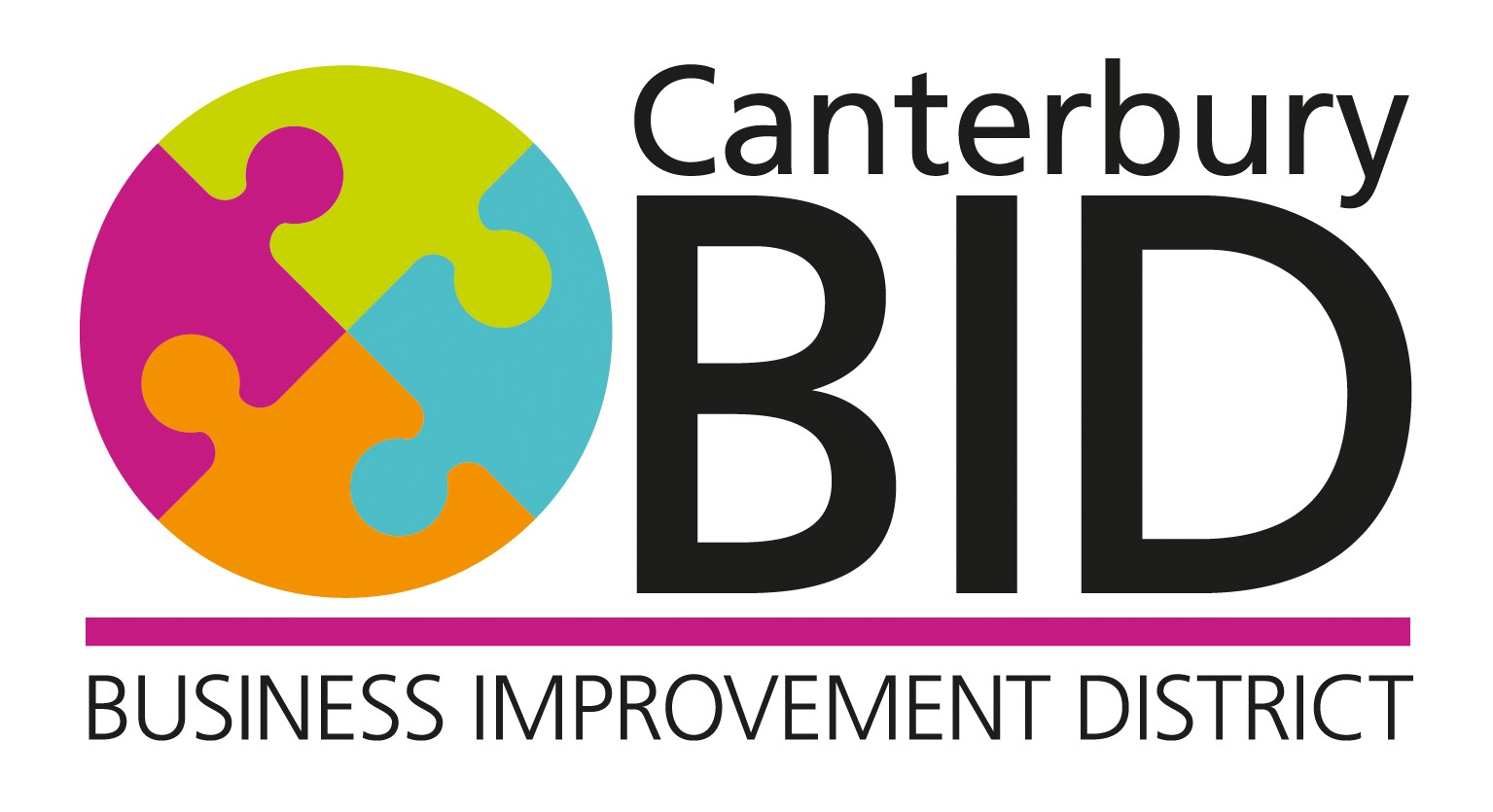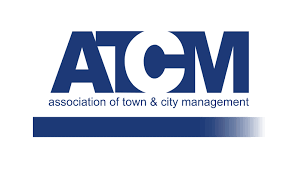The seriousness of the challenge facing UK High Streets was recognised in yesterday’s Budget, which provided £1.5 billion and other forms of support to them. These included immediate reductions in business rates for small retailers, consultations on the need to change planning policy, a £675 million Future High Street Fund and a new High Street Taskforce.
Since its foundation, the Institute of Place Management has worked with UK town and city centres and it is where many of our members, including those in BIDs, are based. We very much welcome this investment and focus by the Government. Over the past year we have worked closely with the Ministry of Housing, Communities and Local Government. We have shared our town centres research, participated in Future High Street Forum meetings, led workshops on the future of the High Street and engaged with the Expert Panel on the High Street appointed by the Minister for the High Street, Jake Berry.
In a joint statement, Institute Co-Chairs Cathy Parker and Simon Quin said:
“The Budget announcements are positive for High Streets. Many retailers will benefit from the immediate support, but we are particularly delighted to see the establishment of the High Street Fund and the proposed Taskforce that will help town centres to make the changes necessary to be sustainable in the future. We have worked closely with the Ministry and seen their clear commitment to supporting towns as they develop the place leadership needed to take centres forward. We are very pleased that our research has been useful and we look forward to supporting the delivery of this”.
In welcoming the focus on the High Street on behalf of The BID Foundation, Executive Director Cat Mitton said “Members have been instrumental in providing advocacy and support to their levy payers on the need for business rate changes and it is good that a response has come forward”.
As our research has shown, the changes in High Streets are profound and though the initiatives announced in the Budget will be of assistance, we believe continued review of the issues will be required. The reduction in business rates is of immediate benefit but a fundamental review of this tax is required. Although we welcome the proposal to relax planning policy in town centres, this must not come at the price of them becoming residential dominated areas. Offices and other commercial uses generate footfall and activity.
The following is a summary of the Budget announcements relating to High Streets.
Business rate reduction
Business rates for retailers with a rateable value of up to £51,000 will be cut by one third for the next two years, potentially benefitting almost 500,000 businesses and saving them around £900 million. Local Authorities will be fully compensated for the loss of income. The cut takes effect immediately in England but will need to be agreed in Scotland, Wales and Northern Ireland. More details can be found here.
High Street Fund
A £675m Future High Streets Fund was announced to support local areas in England to prepare long term strategies for their high streets and town centres and then co-fund investment in town centre infrastructure, including to increase access to high streets and support redevelopment and densification around high streets through allowing investment in land assembly. The Fund will also support the regeneration of heritage high streets (up to £55m of the overall Fund). The expectation is that local authorities will partner with the private sector to develop proposals. The Fund is for High Street change not for adding additional retail space. Full details of the Fund will be announced by the year end but further information is available in a Department fact sheet here.
High Street Taskforce
The Fund will also support a new High Streets Taskforce that will support local leadership, providing high streets and town centres expert advice to adapt and thrive. This will provide hands-on support to local areas to develop data-driven innovative strategies and connect local areas to relevant experts. This will be launched early next year.
Planning consultation
A planning consultation opened yesterday to help support change on the high street. It is for England only and runs until 14 January 2019. This aims to make it easier for high streets to adapt for the future, with a wider range of retail, residential and other uses, looking at conversion of retail space to homes or offices and the potential for mixed use schemes. A second consultation will be published soon, including how to support the more effective use of tools such as Compulsory Purchase Orders and Local Development Orders.
Commercial property register
A register of empty commercial properties to support wider regeneration of our high streets and town centres is to be piloted.
Community use pilot
An ‘Open Doors’ pilot in five town centres to bring empty properties back into use by matching landlords of vacant premises with local community groups looking for space will be launched.
Public toilets
Standalone public toilets, however owned, will be no longer pay business rates. This covers 3,500 premises but will need legislation to introduce.
Transforming city fund
This has been increased to £2.4 billion and includes an extra £90 million for on demand buses
Belfast recovery
£2 million allocated to Belfast to help recovery from the Primark fire.
Digital Services Tax
Comes into force in April 2020 and expected to raise £400 million and only applies to companies generating more than £500 million per annum through the taxable business lines. This would include Amazon and other online marketplaces.
Immediate highway activities
£420 million made immediately available to local authorities for pothole repair, bridge repairs and other minor works. To be spent this year.
Pubs
Beer, cider and spirit duty have been frozen in a move to support pubs, which are an important feature of many high streets. The British Beer and Pub Association has welcomed the announcement saying: “An early Christmas for pubs and pub goers, saving the trade more than £100 million and securing thousands of jobs.”.











